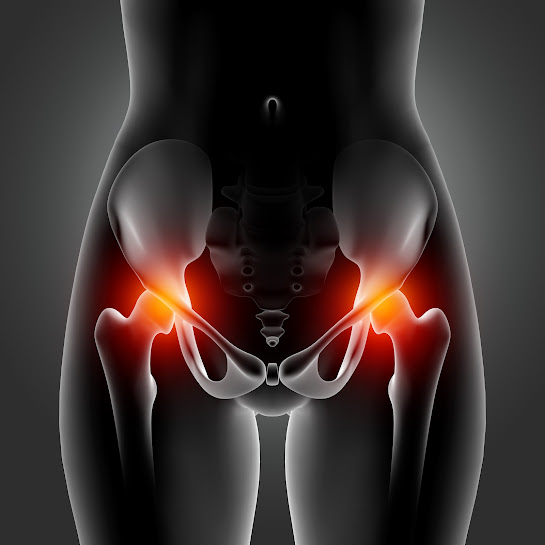Avascular Necrosis and Cell Treatment: Know how it is beneficial
Avascular necrosis (AVN), is a condition that results when the blood supply to the bone is disrupted. This disrupts the delivery of vital nutrients and minerals to the bone, which causes the bone tissue to die. The most common cause of AVN is the interruption of blood flow due to an injury or trauma. However, there are other causes as well, such as certain medical conditions or medications. AVN can occur in any bone in the body, but it most commonly affects the hip joint. Cell treatment for avascular necrosis (AVN) is a type of regenerative medicine that uses stem cells to repair and heal damaged tissue. The goal of cell therapy for AVN is to regenerate healthy new cells to replace the damaged ones and improve function.
While there is no cure for avascular necrosis, there are treatments that can slow the progression of the disease and relieve symptoms. Treatment options include medications, physical therapy, and surgery. In some cases, a joint replacement may be necessary.
What are the causes of Avascular Necrosis?
Avascular necrosis (AVN) is a condition that results when the blood supply to the bone is interrupted. This can happen for a variety of reasons, including:
1) Trauma: A direct injury to the bone can damage the blood vessels that supply it, leading to AVN.
2) Disease: Certain diseases, such as diabetes and sickle cell disease, can cause AVN by damaging blood vessels.
3) Drugs: Some drugs, such as steroids, can reduce blood flow to the bone and lead to AVN.
4) Other factors: Alcohol abuse and smoking are also risk factors for developing AVN.
What are the symptoms of Avascular Necrosis?
The symptoms of Avascular Necrosis (AVN) can vary depending on the severity of the condition. In early stages, symptoms may be mild and easily overlooked. As the condition progresses, symptoms may become more severe and debilitating.
Common symptoms of AVN include:
- Joint pain
- Stiffness
- Swelling
- Weakness
- Fatigue
- Cramping
More serious symptoms of AVN can include:
- Loss of range of motion in the affected joint
- Bone deformities
- Osteoarthritis
How is Cell Treatment helpful in treating Avascular Necrosis?
Avascular necrosis (AVN), also known as osteonecrosis, aseptic necrosis, or ischemic bone necrosis,
is a condition that results from interruption of blood supply to the bone. This interruption of blood
supply leads to death of bone tissue. AVN can occur in any bone, but most commonly affects the hip,
knee, and shoulder.
Cell treatment helps by delivering new cells to the affected area and promoting healing. The new cells can help to repair the damaged tissue and improve blood flow to the area. This can help to reduce pain and improve function.
Avascular necrosis is a serious condition that can lead to debilitating pain and disability. However, there are treatments available that can help improve the quality of life for those affected by this condition. Cell therapy is one such treatment that has been shown to be beneficial in the management of avascular necrosis. If you or someone you know is suffering from avascular necrosis, consider seeking out cell therapy as a possible treatment option.
For the treatment of AVN, Regrow Biosciences® Pvt. Ltd. has created a cell therapy product called OSSGROW® Bone Cell Therapy that includes extracting patients' own healthy cells and re-implanting them in the afflicted region. The ability to reconstruct the bones and continue daily activities is provided by the new bone cells.


Comments
Post a Comment